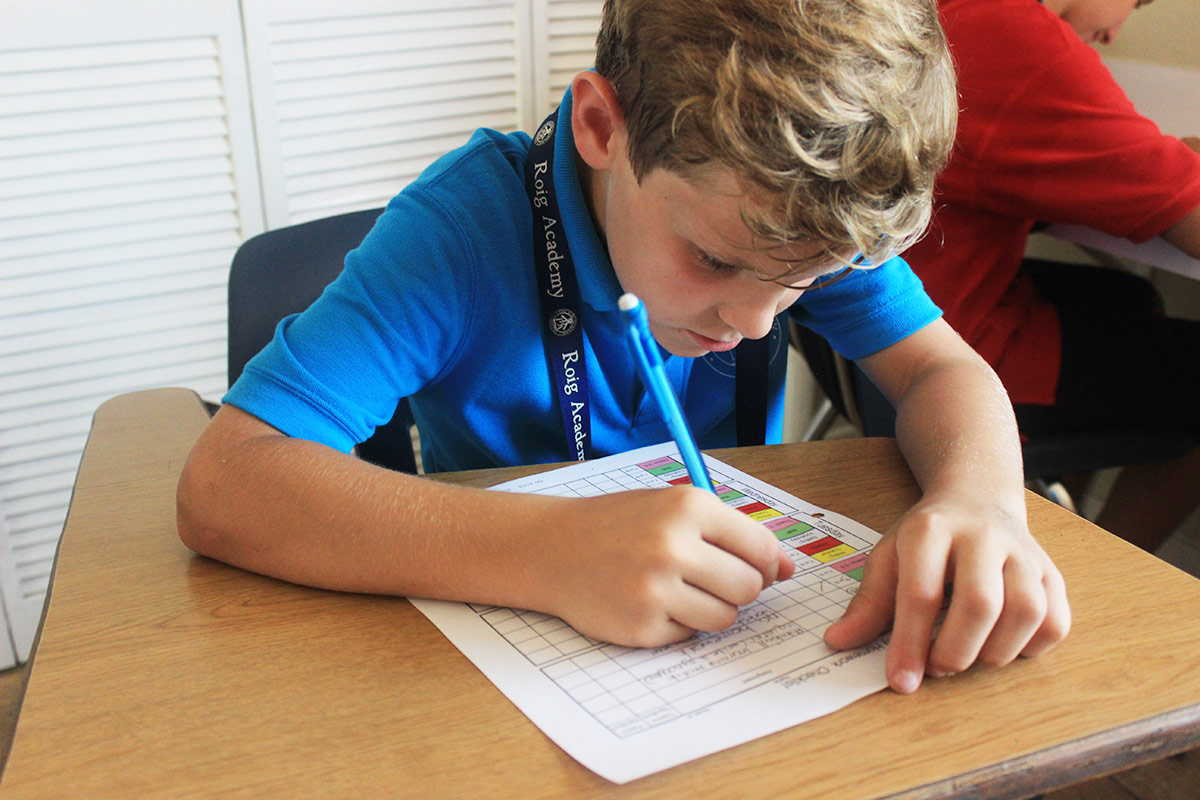Throughout the preschool years, children acquire knowledge through a variety of means and by engaging in various learning styles. If you notice that your child has difficulty, regardless of how severe with communicating, reading, pronunciation, or recalling new information, they may have a learning disability.
What is a learning disability?
A learning disability is a neurological disorder that interferes with an individual’s capability to store, process or produce information. Beginning at preschool age, take note if your child has begun to demonstrate difficulties with language development, fine motor skills, or interacting in an age-appropriate manner with peers. A child with a potential learning disability may experience anger, frustration, and low self-esteem while trying to master various skills. These feelings arise from the child who is attempting to complete a task, communicate their ideas, or write, however accomplishing these tasks can be cumbersome.
Parents are often the first to notice that something might not seem quite right with their child. However, knowing how to best support their child can be confusing and overwhelming. With learning disabilities, early intervention and support is key. The sooner information and support is attained, the better your child’s chances are for reaching their full potential. Often, as parents, it can be difficult to acknowledge that our child is having difficulty in school, which in turn can make it even more difficult to understand that a learning disability may be a factor driving these difficulties. Despite this, it is important to remember that children with learning disabilities are just as capable as their peers. They simply have different means of expressing their knowledge because their brains are wired differently.
What are the signs of a learning disability?
There are several warning signs of a learning disability in preschool-aged children, some are problems with reading, writing, math skills; and a range of other difficulties with coordination, memory, or fine motor skills. Sometimes it is obvious that a child has a learning disability, such as dyslexia – a disorder that impacts reading abilities. However, it is often common for children to have a combination of different learning disorders. Some of the learning disabilities that The Roig Academy specializes in are Dyslexia, ADHD, Dyscalculia, Dysgraphia, and Processing Deficits. Although learning disabilities cannot be cured, nor do they go away, there are a variety of interventions and strategies that can be utilized in order to help your child succeed in school.
The process of getting help for your child may seem overwhelming. But, finding support for your child and yourself is easier than you think. At The Roig Academy, we are welcoming, open, honest, and we focus on capitalizing a child’s strengths. Together we work with a multidisciplinary team to develop successful strategies that support increased academic and social success. Our teachers work together in order to help address each student’s unique and individualized academic profile. The Roig Academy offers small classroom sizes to ensure that all of our students have personal support in the classroom.
We pride ourselves in nurturing a learning community that embraces the individual needs of all of our students. We promote learning that prepares students for the challenges of the 21st century and help our students in making educational and social gains. We welcome any questions that you may have about learning disabilities or how we can best meet the needs of your child.
Let’s get to know each other!
You can also contact admissions at 305-235-1313.

